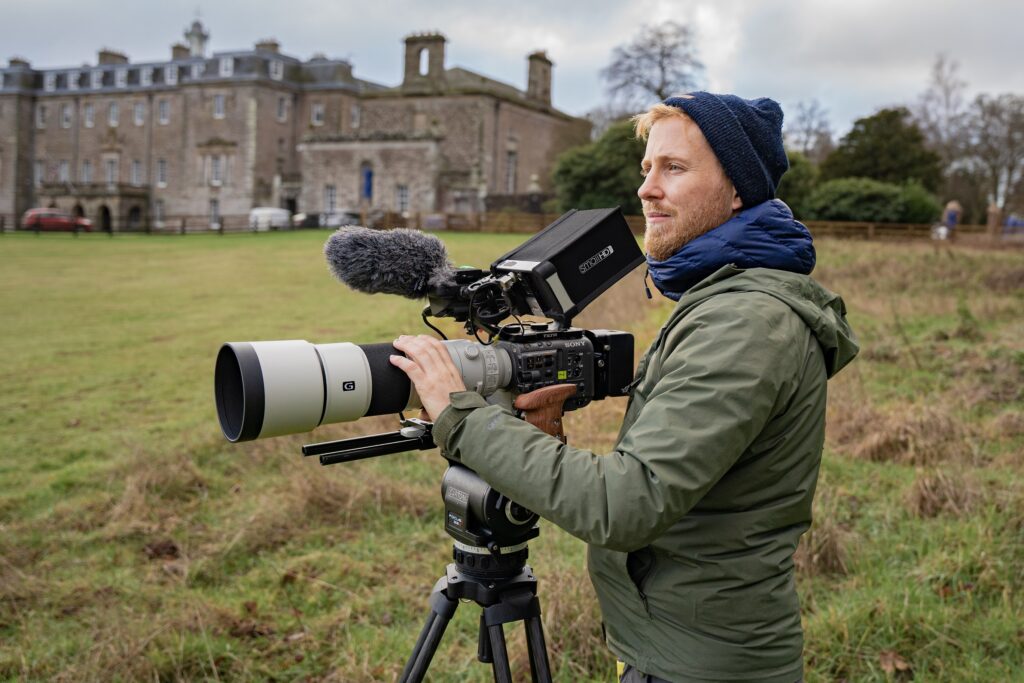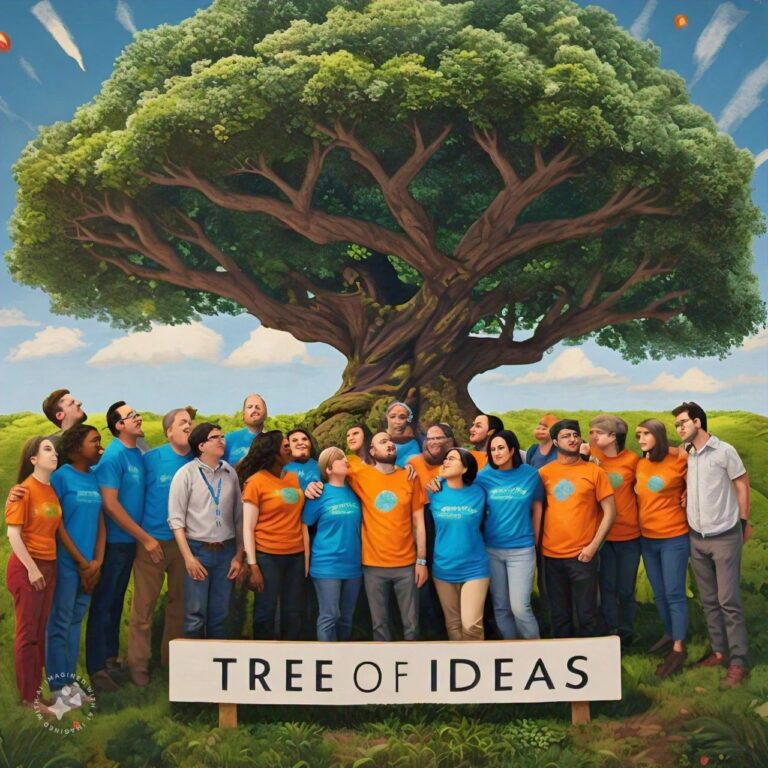We are planning an interesting historical docudrama. So, we sat with our production team and tried to create a list of actions to ensure we bring ethics into our production without compromising the content and message. Hope the checklist helps.
Ethical filmmaking is imperative for the film industry, practitioners, and society at large. It embodies principles that not only benefit stakeholders but also contribute to a more inclusive, sustainable, and impactful form of storytelling.
Respect for Human Dignity: Ensures fair wages and safe working conditions and prevents exploitation.
Authentic Representation: Strives for accurate portrayal of diverse perspectives and cultures, avoiding harmful stereotypes and promoting inclusivity.
Social Impact: Leverages film’s influence to address crucial social issues and drive positive change.
Environmental Responsibility: Implements practices to minimise environmental impact, promoting sustainability in production.
Transparency and Accountability: Openness about processes and decisions, taking responsibility for potential impacts.
Avoiding Exploitation: Condemns all forms of exploitation, ensuring a safe, inclusive work environment.
Intellectual Property and Copyright: Respect rights, obtaining necessary permissions, fostering a fair, creative industry.
Consent and Privacy: Secures informed consent, especially in sensitive or personal scenes.
Community Engagement: Engages with local communities, respecting their needs and concerns.
Long-Term Industry Viability: Builds trust, leading to sustained success and growth.
Educational Value: Provides insights into cultures, perspectives, and issues, encouraging critical thinking.
Cultural Preservation: Protects cultural heritage, contributing positively to cultural appreciation.
Fostering Credibility: Commits to truthful and accurate representation, building audience trust.
Preserving Trust: Recognises the importance of trust and avoiding dishonesty or manipulation.
Documentary Integrity: Upholds factual accuracy in documentaries, avoiding misinformation.
Responsibility to Reality: Reflects reality faithfully, even in fictional narratives.
Avoiding Sensationalism: Prioritizes truth over dramatic effect, engaging through genuine storytelling.
Ethical Editing: Maintains context, avoiding selective editing for misrepresentation.
Stereotypes: Actively challenges biases and discrimination through nuanced portrayals.
Fact-Checking and Research: Invests in thorough research and fact-checking for accuracy and reliability.
Disclosure of Creative License: Transparent about deviations from actual events, providing context to audiences.
Promoting Critical Thinking: Encourages audiences to think critically, fostering an informed viewership.
Ethical documentary filmmaking is both a moral imperative and a strategic choice for the industry. It cultivates trust and inclusivity, and enriches cultural understanding. By adhering to ethical principles, filmmakers contribute to a more empathetic, sustainable, and culturally enriched world.
Ethical documentary filmmaking is not only a moral imperative but also a strategic decision for the industry. It builds trust, fosters inclusivity, and allows for a more sustainable and impactful form of storytelling. By adhering to ethical principles, filmmakers can contribute to a better, more empathetic, and culturally enriched world in a time when it’s hard to distinguish lies from truth.
Wa’qar Mirza





